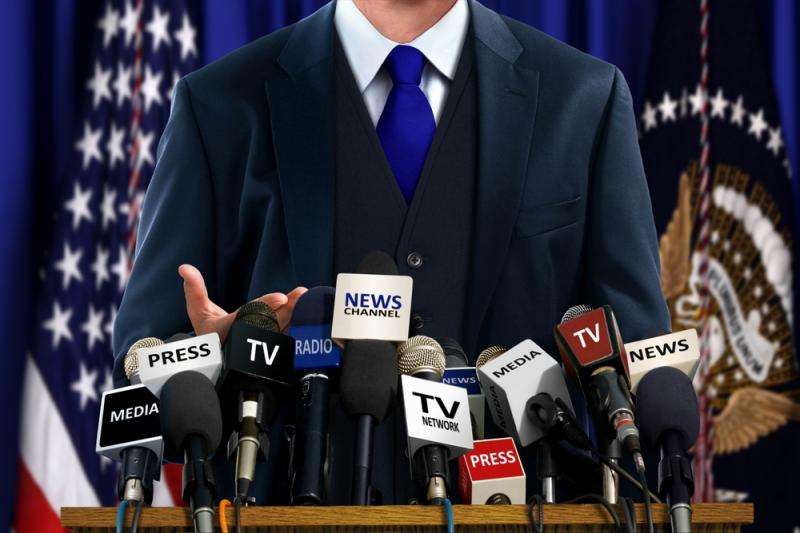Flattering rivals gains politicians more votes

Focusing on the negative aspects of one's political opponent has become the norm in election campaigns across the world. But a recent study by Nicoletta Cavazza published in Social Influence shows that it could be in politicians' interests to pay more attention to positive campaigning. Cavazza found that when political candidates flatter their rivals, they are perceived to be more trustworthy and are therefore more likely to obtain votes.
To find out whether a flattering comment directed at a political rival elicits a positive impression of the candidate and, consequently, whether this increases the likelihood of voting for the candidate, the participants (92 Italian university students) were given a written passage from a speech by a fictitious political candidate (a man or a woman) about the relationship between young people and politics. In the experimental condition, a positive statement about the candidate's political opponent was inserted into the speech: 'I believe that my competitor, who is an upright and smart person, will agree with me about the need to change this situation.'
When the candidate flattered his/her rival, participants were more likely to perceive him/her as being trustworthy and were consequently more likely to vote for him/her. This was observed to be the case regardless of the candidate's gender.
The study has interesting implications, particularly in light of the forthcoming US elections. Cavazza cites the example of Canadian Prime Minister Justin Trudeau, who praised and thanked his predecessor even though he was a member of the opposing party. "Usually, a new president or prime minister in the first years of his office attributes all the responsibility of problems to the predecessor!" she states. "Doing the opposite and with his positive style, Trudeau has achieved a very good reputation internationally."
Going forward, Cavazza is building on this research to explore the effects of directly flattering the audience. "I think that it is time for politicians to pay attention to 'positive communication' instead of becoming more and more verbally aggressive," she says.
More information: Nicoletta Cavazza. When political candidates "go positive": the effects of flattering the rival in political communication, Social Influence (2016). DOI: 10.1080/15534510.2016.1206962
Journal information: Social Influence
Provided by Taylor & Francis


















